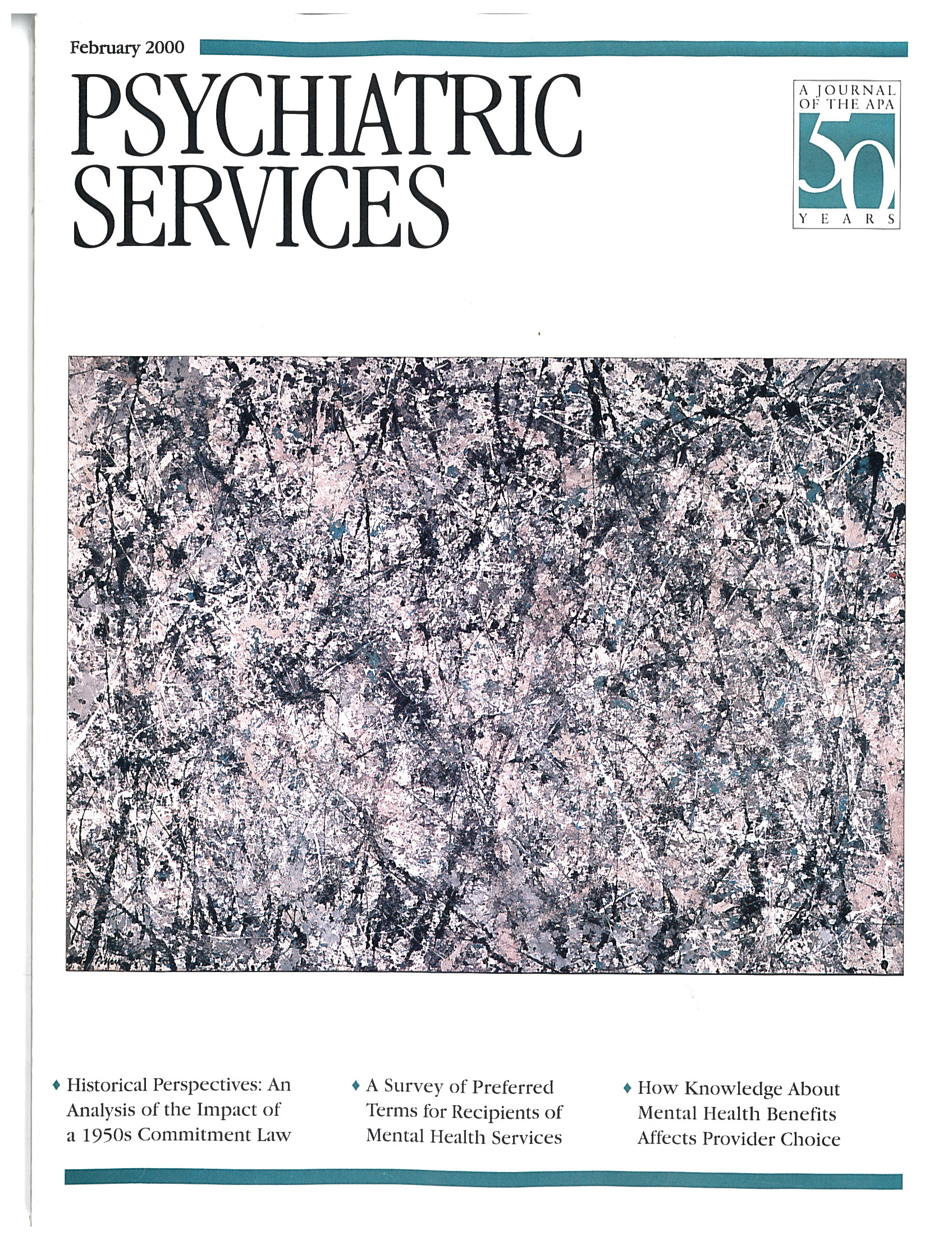In his splendid commentary beginning on page 190, Paul Appelbaum acknowledges the positive and negative aspects of a pioneering 1952 model commitment law as well as developments that followed. In the "yes, but …" spirit of these jubilee Psychiatric Services Taking Issue commentaries, I would like to note that attention to the legal rights of seriously mentally ill citizens, which started off, as Dr. Appelbaum writes, with some decisions still left in medical hands, deteriorated within a few years into an imbalanced system with overwhelming weight placed in the hands of judges and legal advocates.
A case in point is the well-intended 1973 court decision in Souder v. Brennan, designed to end the practice of state hospital patients working for less than the minimum wage in jobs that could be performed by paid employees. State mental health departments responded not by upping the wages or hiring more employees, but by having their attorneys general act preemptively to halt laudable work programs. These programs were usually replaced not by occupational programs that fit the new rules, but by TV and tobacco therapy.
In the 1970s, when I ran a state mental hospital in New York, newly minted and idealistic young lawyers would frequently defend the rights of a violent, unmedicated psychotic patient to remain unmedicated or, worse, to be discharged to "the community," ignoring the rights of others who had to suffer the patient's actions. Once I received an insulting and threatening letter from a nationally known advocacy lawyer that turned out to have been written by a patient. The lawyer's explanation: "I can't read everything that goes out of this office, and he had a perfectly legitimate complaint about your violating his rights."
A combination of reductio ad absurdum and the law of unintended consequences is exemplified by the 1975 Willowbrook consent decree, brought about by the scandalous conditions found by a New York City TV reporter at a state hospital for mentally retarded-developmentally disabled persons. As a result, monies intended to maintain and improve all state facilities were diverted to that one albeit horrible facility. Thus when my hospital was preparing for an accreditation survey, we couldn't get the laundry carts we had ordered because they were "sent to Willowbrook."
That example pretty much sums up the issue: in trying to correct abuses and problems affecting mentally ill persons, society turned to lawyers and judges, who wound up shaping all solutions through their legalistic prism, often with counterproductive results. Attention to rights is important, but… —

